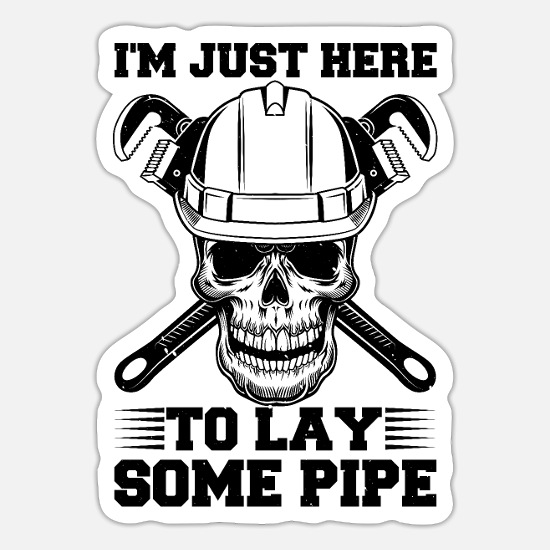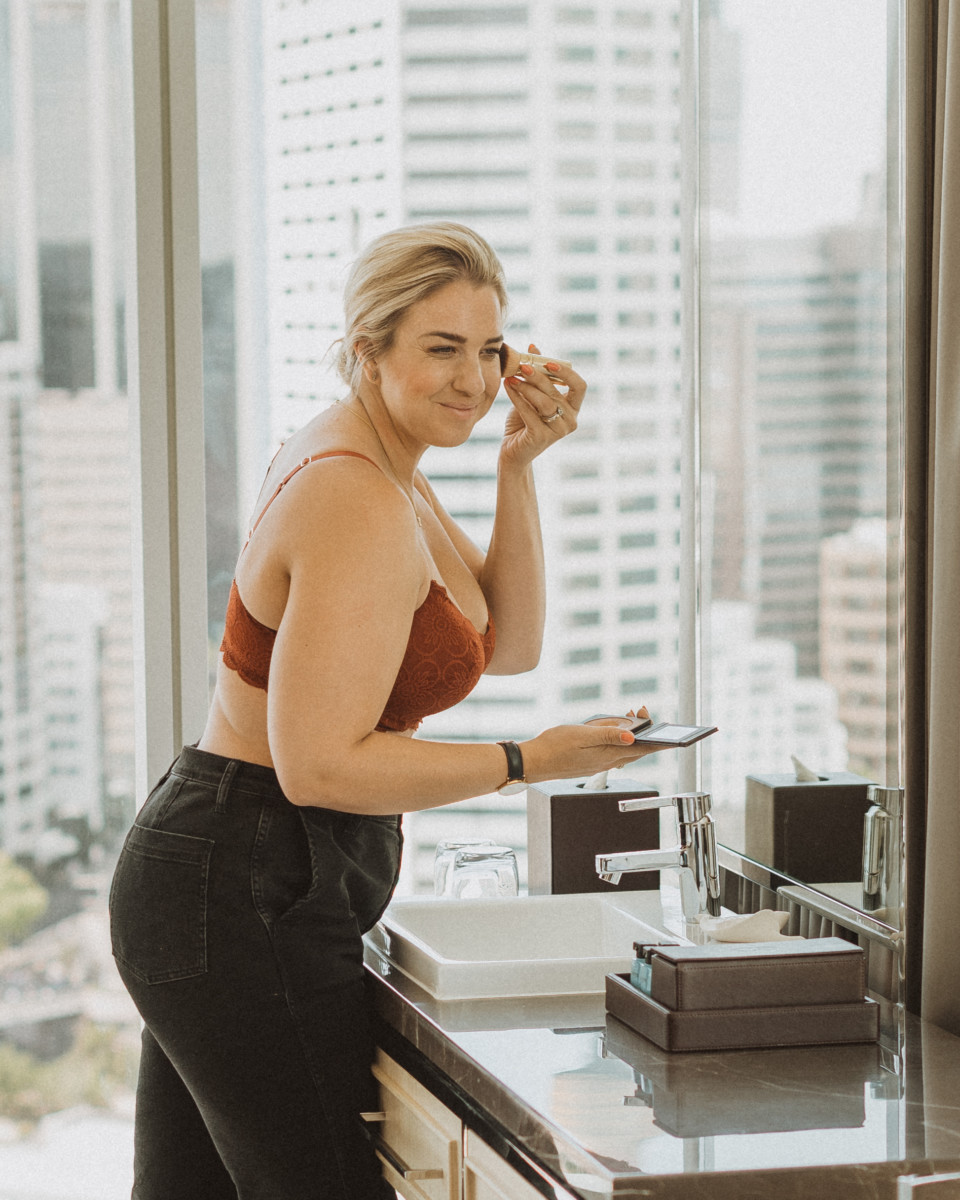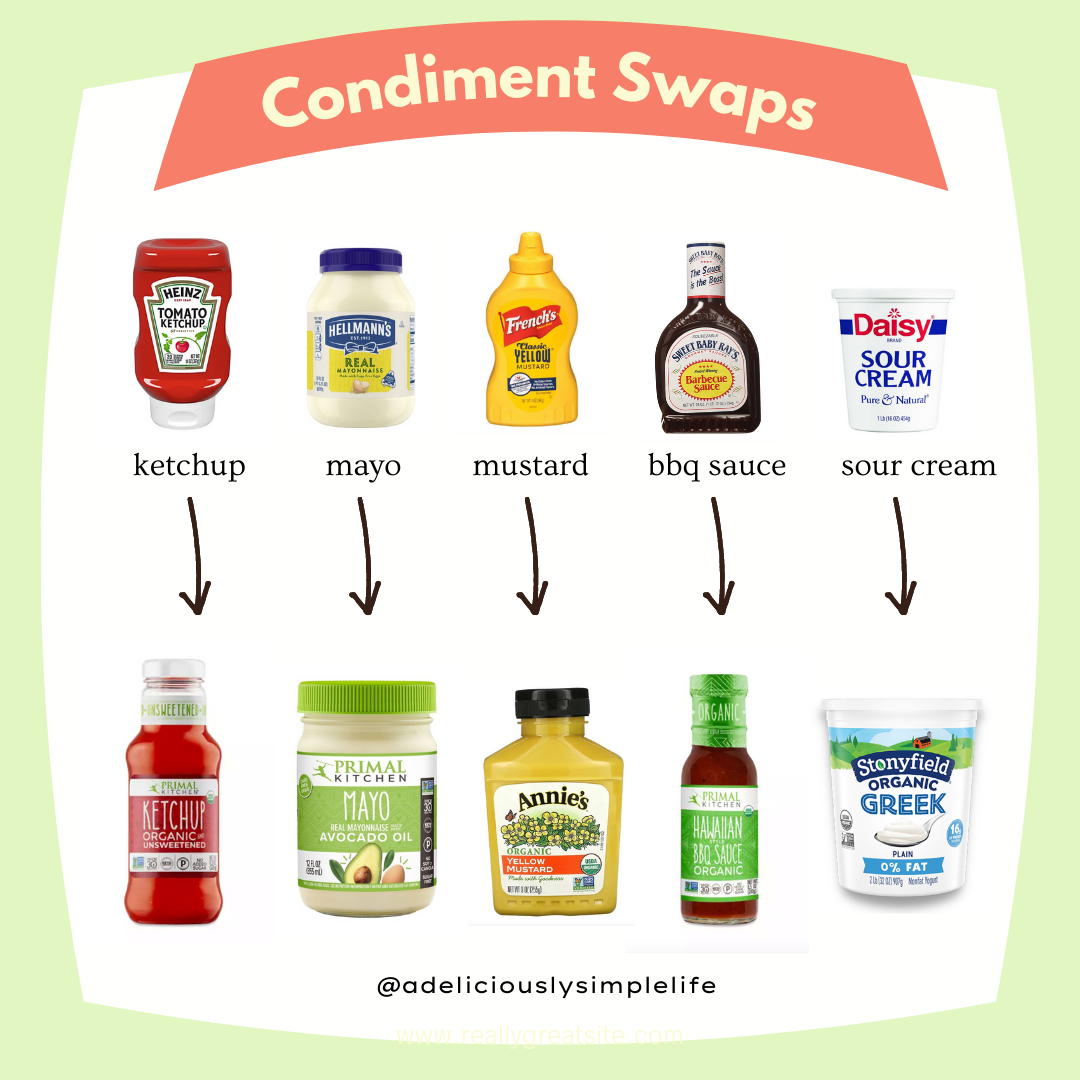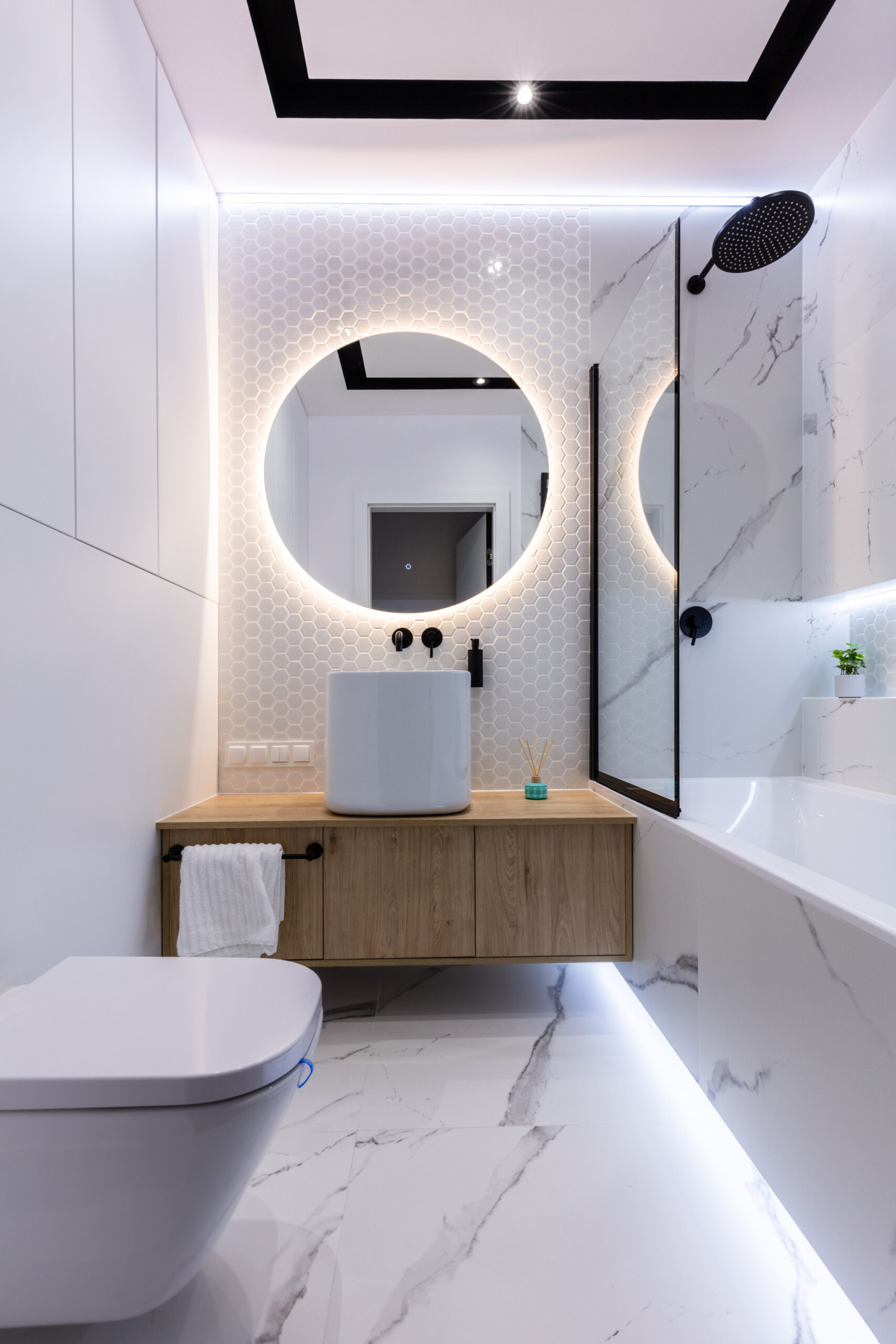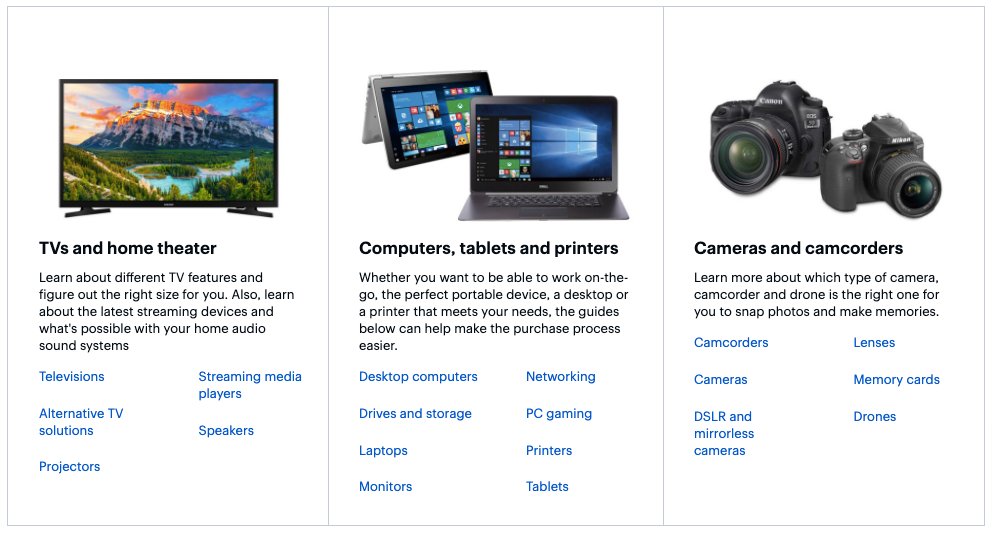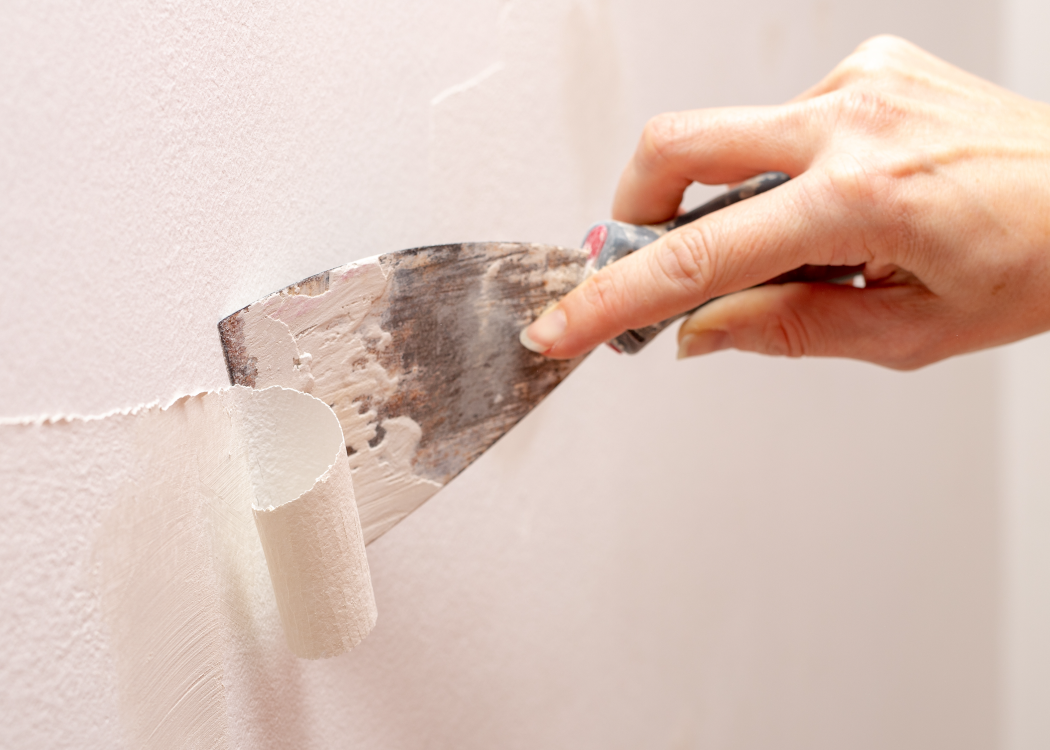Certainly! Below is the article following your guidelines:
—
Every day, countless items are mistakenly flushed down toilets, turning convenience into catastrophe. Beware your pipes! Not everything is meant to journey through your plumbing.
What Are the 16 Things You Should Never Flush Down the Toilet?
From personal care products to household waste, many items can wreak havoc on your plumbing system. Here’s what not to flush down the toilet: feminine hygiene products, cotton balls, condoms, medication, and more. These can all lead to blockages, environmental damage, and costly repairs.
It’s not just about avoiding a clog; flushing the wrong items can affect sewage treatment processes and even harm wildlife when waste makes its way into natural waterways.
Remember, the rule of thumb is simple: if it’s not human waste or toilet paper, it doesn’t belong in the toilet.
What Non-Flushable Items Can Cause Plumbing Issues?
Some culprits are hard to guess. For instance, flushing cat litter might seem logical, but it can harden and cause significant pipe damage.
Dental floss, although thin, can tangle with other waste and create large blockages. And while baby wipes might be labeled as flushable, in reality, they do not break down sufficiently in the water.
Understanding the distinction between what seems flushable and what actually is can save you from expensive plumbing repairs.
Can You Flush Food Down the Toilet? What Are the Risks?
Flushing food scraps might seem harmless but can introduce grease and other substances that solidify in pipes. Over time, this can lead to severe blockages and even impact your local sewage treatment facility’s ability to effectively process waste.
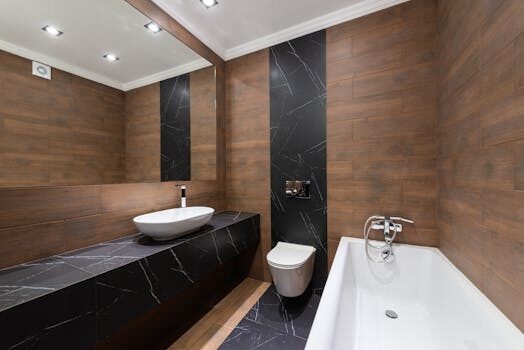
Additionally, food can attract pests into your plumbing system. It’s best to dispose of food waste in the trash or a compost bin.
What Items Are Misleadingly Labeled As Flushable?
Wipes labeled as flushable are a common misconception. Despite their claims, they often fail to break down as toilet paper does. This is a significant issue, as it contributes to clogs and environmental pollution.
Reading and understanding product labels are crucial to protect your plumbing and the environment from the unintended consequences of flushing non-flushable items.
How Can You Properly Dispose Of Non-Flushable Items?
Proper disposal begins with sorting waste. Non-flushable items should be placed in the trash, while recyclables go into the recycling bin.
For medications and chemicals, take advantage of community take-back programs or hazardous waste collection sites to ensure they don’t contaminate water sources.
 Transform your bathroom: 5 easy swaps for a toxin-free space
Transform your bathroom: 5 easy swaps for a toxin-free spaceWhat Alternatives Exist For Flushing Food And Other Waste?
Composting is an eco-friendly alternative for food waste, while trash bins should be used for most non-flushables. Considering the environmental impact, always look for sustainable disposal methods.
For pet waste, specially designed pet waste disposal systems are available, which are safer for your plumbing system and the environment.

What Should You Do If Your Toilet Gets Clogged?
When faced with a clogged toilet, a plunger is usually your first line of defense. If that doesn’t work, you may need to use a toilet auger or call a professional plumber for assistance.
Regular maintenance and mindful flushing habits can prevent most clogs, but always act fast if a blockage occurs to prevent further damage.
Here is a helpful video explaining the common mistakes people make when deciding what to flush:
Common Questions on What Not to Flush
What Happens When You Can’t Flush the Toilet?
If you can’t flush the toilet, it’s likely due to a blockage. Initial steps include checking for visible obstructions in the bowl and attempting to dislodge the clog with a plunger.
If the problem persists, the blockage may be further down the pipes, requiring professional help to resolve.
What to Do When Your Toilet Pipe Is Blocked?
For immediate action, use a plunger or a toilet auger to try and clear the blockage. If these methods fail, it’s essential to call a plumber to prevent potential overflow and water damage.

Avoid using chemical drain cleaners, as they can be harmful to your plumbing and the environment.
What Are Two Things You Should Never Flush Down a Toilet?
Two of the main offenders are paper towels and feminine hygiene products. Despite their similarity to toilet paper, they do not break down and can quickly clog pipes.
Disposing of these items in the garbage is the best practice to prevent plumbing issues.
What Does It Mean When You Flush the Toilet and the Pipes Make Noise?
Noises after flushing can indicate trapped air in the pipes or a partial blockage. It’s a sign that your plumbing system needs attention to avoid more serious problems down the line.
Contact a plumber to check your system and ensure everything is flowing smoothly.
Remember, protecting your pipes not only saves you from unexpected costs but also safeguards our precious water ecosystems. Beware your pipes! Here’s what you can’t flush down the toilet and what happens when you do – it’s a message worth spreading for the sake of our planet and our peace of mind.
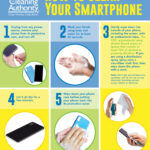 How to safely clean up and dispose of a broken fluorescent light bulb
How to safely clean up and dispose of a broken fluorescent light bulb
